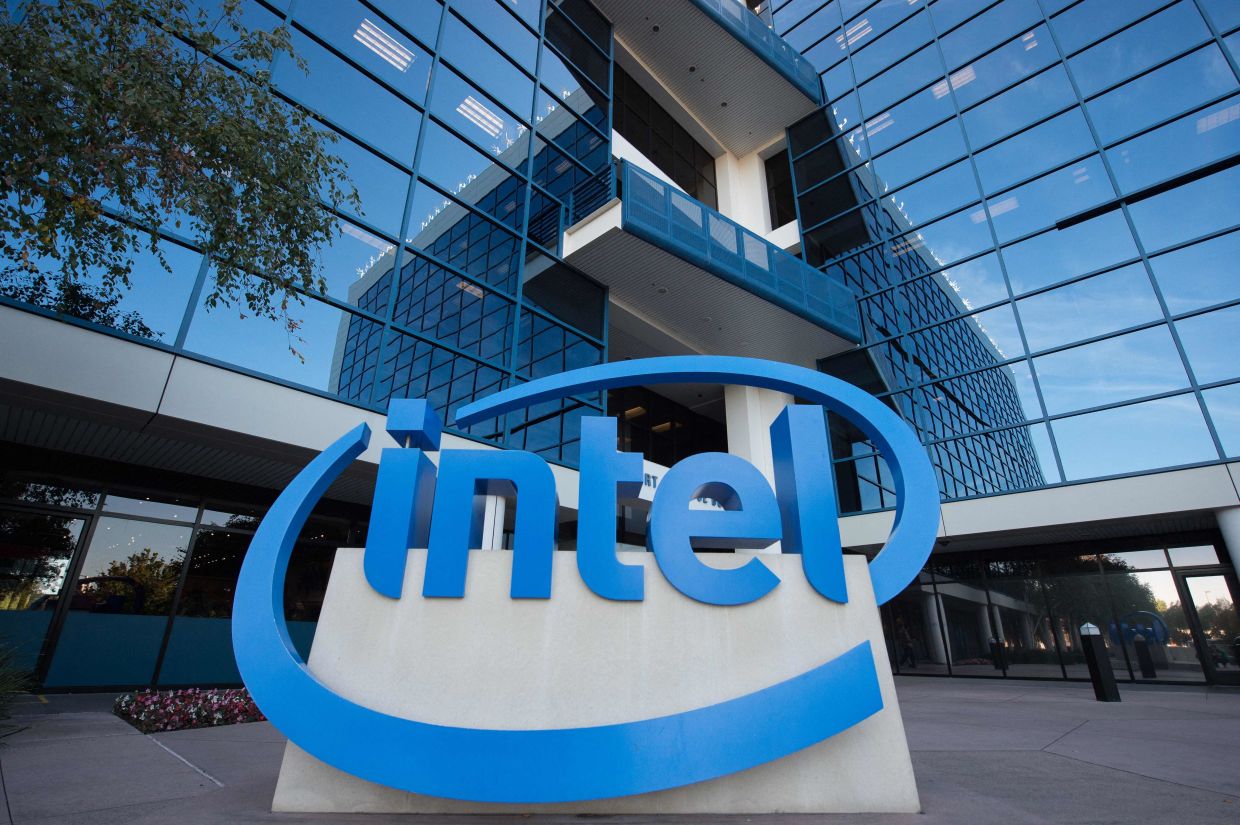
It is impossible to see supercomputers and devices without having chips and semiconductors installed in them. And no other name is synonymous with the word semiconductor like Intel is. The global giant has been manufacturing electrical components for businesses and clients for over 30 decades. What started as a journey to make computers accessible to all has ended up with the quest for faster, smarter, and sleeker devices. Intel’s new policy of expanding its manufacturing and distribution arm into Europe comes as a surprise to many as the company has been active in developing nations all the while.
What made Intel make a move?
One of the main reasons why Intel decided to undertake the decision is the rising cost of raw materials and supply chain issues brought about by the pandemic and global scenario in the last couple of years. It is important to note that most of the metals used by the company for the manufacture of the chips are sourced from countries outside the EU, with the notable one being China. The pandemic has hit China first, and ever since then, Intel has been grappling with the side effects. This is a paradigm shift where the demand for the product can be cited to have led to the downfall of production capacities. The demand for the chips stays the same, if not higher than ever before, due to a growing global market when it comes to intelligent devices. But the disruption in the supply chain has made it nearly impossible to get the raw material to factories in time. Not to mention with global trade and economies being virtually closed off, shipping and processing are taking way too much time to get these.
What does it mean for the company in the long run?
While expanding into Europe would help the company set up a base near a lucrative marketplace and expand their business outside China, it can create a lot of issues as well. Firstly the move comprises a hefty investment that is being made, and it is impossible to predict if it will pay off. Next is the issue of the cost of production, and whether moving out of China was a viable option for the company. Lastly, the European demand for smart devices is almost at a plateau stage which might prove to be a disadvantage.
While a global expansion on Intel’s cards might get its jammed production line going instead of the lack of supply, it might hold other problems in the future. For instance, the cost of manufacturing in Europe is significantly higher than what they are in developing nations. An expensive production process will automatically lead to the demand for increased prices for secondary goods, which will affect consumer consumption. It is going to be interesting to see how Intel makes the most out of this situation and moves forward, keeping the position of a market leader to cope with burgeoning demands.
